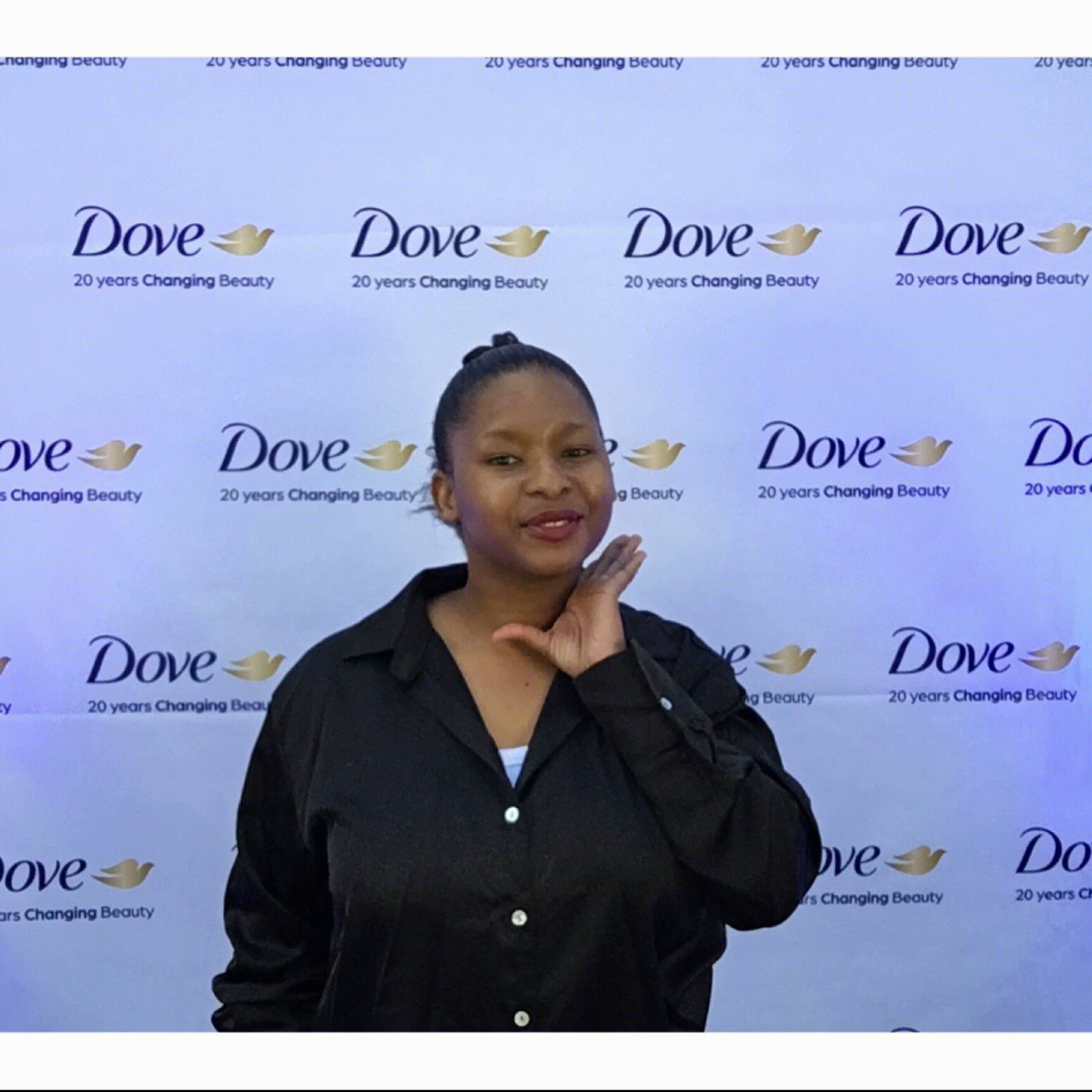Artificial Intelligence
Genuine beauty raises the bar for AI
Questioning conventional notions of beauty and the effects of AI on confidence and self-esteem, Dove partners with Adobe on an AI tool trained by its users, writes ANGELIQUE MOGOTLANE.
Dove has launched an AI app designed to redefine beauty standards by capturing and celebrating authentic beauty. The Real Beauty Generation app in partnership with Adobe allows users to contribute to the creation of more diverse and realistic AI-generated visuals. By involving users in the process, the app aims to reshape societal perceptions of beauty, particularly among younger and older generations.
Starting with user choices on race and ethnicity, age range and real skin attributes, it aims to train AI to recognise and produce images that reflect genuine beauty. Users can supply new data or draw from existing datasets, influencing how the AI understands and generates beauty representations. The ultimate goal is to challenge the often-unrealistic beauty standards perpetuated by AI, society, media, and the beauty industry, and to promote body confidence and self-esteem, especially among young people.
At a Dove launch event, broadcaster and master of ceremonies Hulisani Ravele, known for her impactful work both on-screen and off, emphasised the importance of harnessing AI’s power to create a new narrative around beauty.
“AI is a powerful force, but we need to harness its power instead of fighting against it and see how we create a new narrative,” she said.
Dove used the event to launch a groundbreaking report titled The Real State of Beauty, a sweeping study of beauty around the world. The study found that a staggering 63% of South African women, and 35% of girls aged 10 to 17, grapple with mid to low levels of body esteem and that 2 in 5 women globally would give up a year of their life to achieve their beauty ideals.
Most disturbingly, the levels of confidence South African women once held in their own beauty is plummeting, from 93% in 2016 to 72% in 2024.
These findings are part of a greater study of more than 33,000 respondents across 20 markets, where women opened up about the reality of beauty and the pressures they face every day. But many women are already standing up and turning their backs on misrepresentations and manipulations of their beauty, seeking a future in which they get to decide and declare what real beauty looks like.
Dove brought attention to an alarming figure: 1 in 3 women feel pressured to alter their appearance due to online images, even when they know those images are fake or AI-generated. The app’s AI model, trained through a continuous process of refinement, generates images that are increasingly realistic. Users can also customise these images by providing specific input, such as the subject, style, or even a detailed description.
During a panel discussion at the launch, experts delved into the impact of AI on beauty standards, representation, and self-esteem. They stressed the necessity of authentic and diverse portrayals in advertising and the potential dangers of AI perpetuating harmful beauty standards.
While the beauty standard has evolved in the past two decades, it is still impossible to achieve, and impossible to escape, the Dove study found: women feel they are expected to look healthy (76%) while also being slim (68%); and they should have a small waist (64%) while also being curvy (57%) – creating a world where women and girls are willing to give up so much to meet unrealistic expectations.
A resounding two-in-three (62%) believe that women today are expected to be more physically attractive than their mother’s generation.
And now there is a new factor: AI.
It is seen as one of the biggest threats to the representation of real beauty. Almost 90% of women and girls surveyed say they have been exposed to harmful beauty content online.
With 90% of the content online predicted to be AI-generated by 2025, the rise of AI is a threat to women’s wellbeing: one-in-three feel pressure to alter their appearance because of what they see online, even when they know it’s fake or AI generated. While AI has the potential to foster creativity and access to beauty – with one-in-four women (28%) and almost one-in-two girls (41%) agreeing that being able to create different versions of yourself using AI is empowering – there is still a need for greater representation and transparency.
Since 2004, Dove’s Campaign for Real Beauty has challenged society, media, and the beauty industry itself to change its representation of women, be transparent about digital distortion, and face-up to the harmful impact unrealistic beauty standards have on women and girls. Dove has now committed itself to never using AI to represent real women in its ads.
The Real Beauty Generation app empowers users to actively shape AI’s understanding of beauty by selecting attributes that reflect real beauty. The more the app is used, the better it becomes at accurately representing people as they are.
Dove’s new campaign, The Code, also reflects the impact of AI on beauty and demonstrates the impact real beauty has made to change beauty for the better.
*Angelique Mogotlane is content manager of Gadget.co.za, World Wide Worx.


















